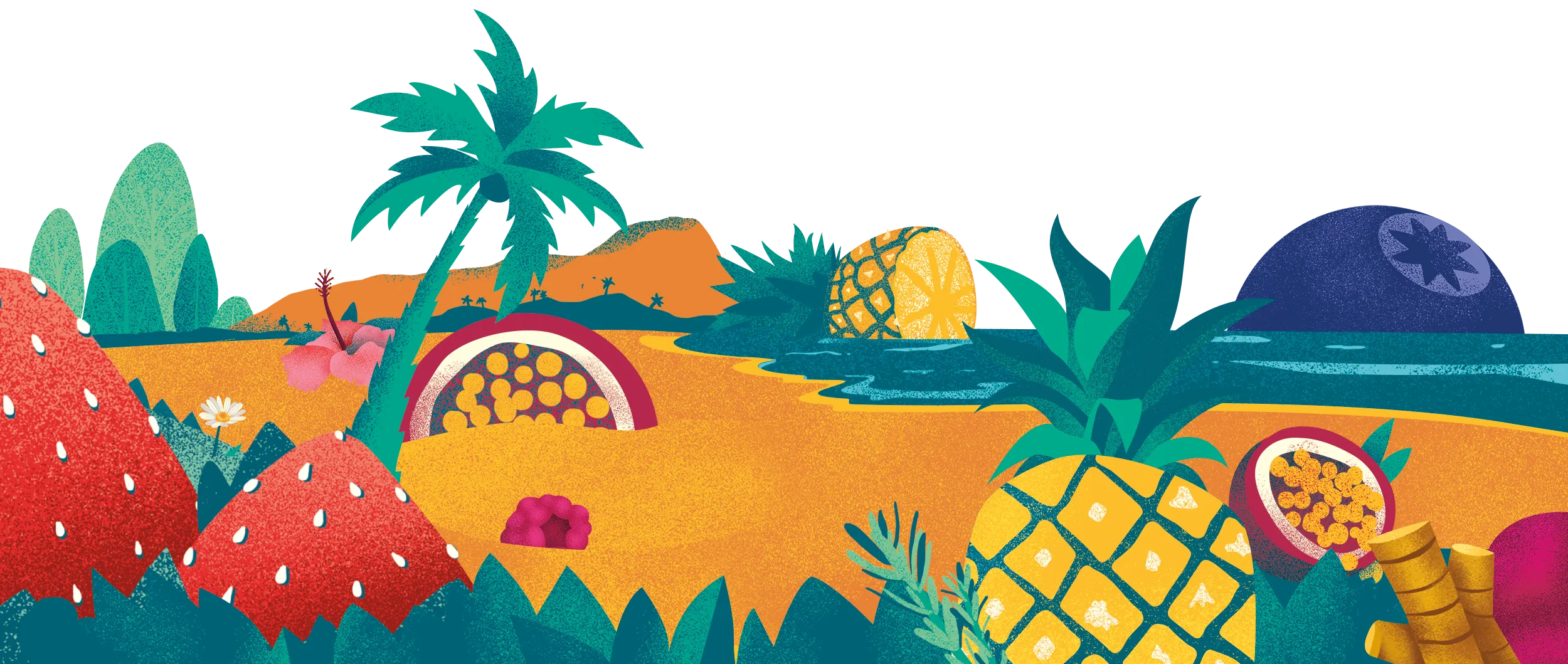By now, you’ve likely heard of kombucha, but if you have yet to try it or have wondered what it is, we’ll get you up to speed. We know a thing or two about kombucha and love sharing our knowledge and our brews! Here are the most common questions we hear about kombucha:
In the most basic sense, kombucha is a fermented tea beverage whose beginnings have been traced as far back as 221 B.C. in China, Japan and parts of Europe. While the recipes and ingredients have changed over the years, the concept of fermenting tea has remained. Today, kombucha has become mainstream. The market value of kombucha was estimated at over one billion U.S. dollars in 2016 and is predicted to grow to $2.5 billion by 2022. To put that into perspective, soda sales fell as much as 9.2 percent in 2016 as consumers are opting for healthier options.

Specific bacteria and yeast is added to different types of tea, typically green or black tea, to begin the fermentation process. From there, however, the recipes and techniques vary widely. For instance, some brands will “cook” their brew to remove potential harmful bacteria and excess alcohol that is produced during the fermentation process. They may then add their own concoction of probiotics and even carbon dioxide to the mixture to create the fizz.
Brew Dr., on the other hand, prefers to keep our brews “raw” so they retain all of the fizz and live bacteria that are naturally-occurring live and active cultures. Did we mention our brews begin with the best tea out there? Brew Dr. began as a teahouse, you see. We know tea. We use our Brew Dr. Teahouse teas in every brew so we can offer a better kombucha. We hope you’ll agree that our “no shortcuts” approach is worth the effort!
Much like beer, the fermentation process causes the tea brew to become effervescent. The bubbles are more subtle than in a beer or soda, but you definitely feel a “fizz” on the tongue. If the brew is pasteurized, the live bacteria are killed and so is the fizz. This is why kombucha manufacturers who do this often add carbon dioxide to their mixtures. If the kombucha is “raw,” it is never heated to kill bacteria and the natural fizz is retained.
Kombucha tea is a great alternative to drinks with added sugars, such as sodas, and does contain live and active cultures that many believe to be healthful. Depending on the kombucha manufacturer, a serving of kombucha tea has between 10 and 20 grams of sugar, compared to 39 – 65 grams of sugar in a cola. Brew Dr. Kombucha ranges from 10-15 grams of sugar per serving.

Yes, kombucha varieties range as much as sodas, teas and sparkling water brands. The differences are many, but in the end, it comes down to a few things:
Taste – no matter how it was made or what’s in it, you have to like the flavor to drink it and keep buying it. Try different varieties to find the ones you love.
Ingredients – if you care about what’s in your kombucha, read labels. We believe ingredients matter in our kombuchas as much as they do in food. Higher quality ingredients will result in a higher quality brew.
How It’s Made – if the kombucha is raw, it will offer naturally-occurring live and active cultures. If it is pasteurized, cultures have likely been added after the brewing process.
NO! You wouldn’t shake a beer or a soda, so don’t shake your kombucha. If you see bits of mystery ingredients settled at the bottom of your kombucha bottle, those are naturally-occuring bacteria that make kombucha kombucha. You can gently tilt your closed bottle back and forth to distribute, or leave the happy particles right where they are.
Yes. Kombucha contains live and active cultures that can die if heated. Keep your kombucha in the fridge or in a cooler of ice to keep it fresh and alive.

Absolutely. Not only does kombucha add a special pop to any mixed drink (adult or otherwise), it is often used in smoothies, baked goods, grain bowls, granitas and more. With all of the flavors to choose from, kombucha provides a depth of flavor unlike anything else.
The fermentation process naturally produces a small amount of alcohol in kombucha. In order to be considered a non-alcoholic drink, kombucha brews must have less than 0.5 percent alcohol. For comparison, a beer contains about 4.5 percent alcohol.
Kombucha will have about half the amount of caffeine as the tea used to produce it. A bottle of Brew Dr. Kombucha contains about the same amount of caffeine as a cup of decaf coffee.
Kombucha is bubbly, fermented and contains live and active cultures. Before you start drinking bottles a day, try having one to make sure your digestive system is cool with it. While kombucha is safe to drink for the whole family, every person is different. Some people say kombucha helped relieve digestive issues, but until you know how your body will react, try adding it into your diet slowly.
